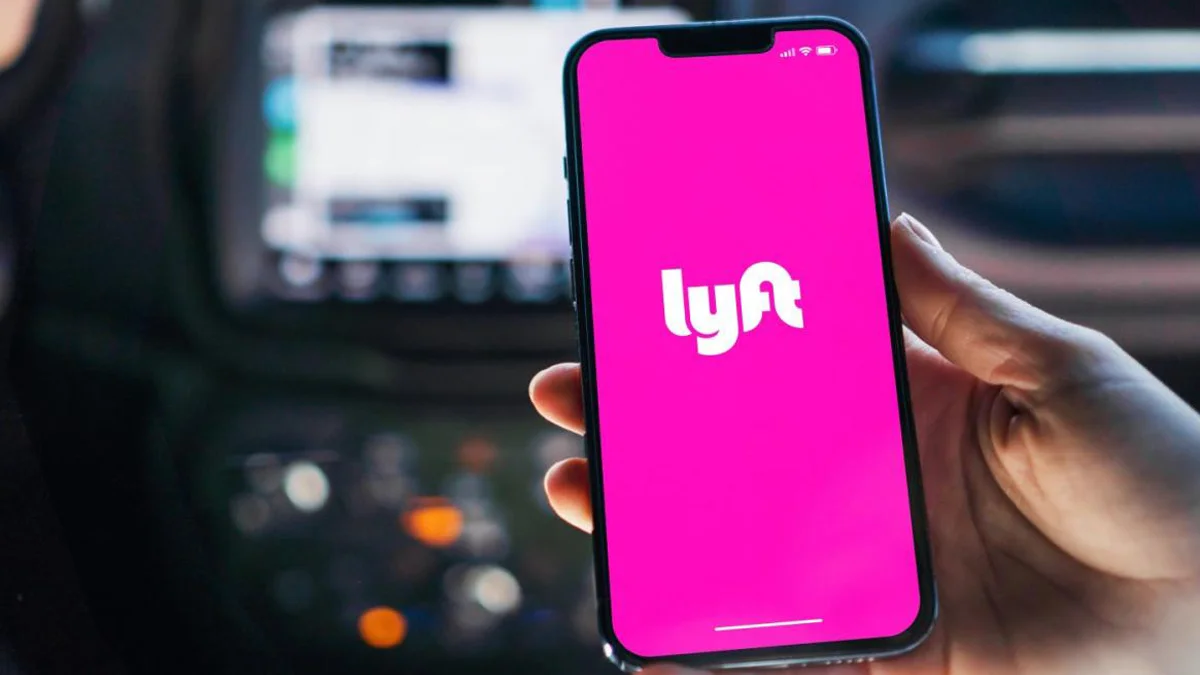Necessary Always Active
Necessary cookies are required to enable the basic features of this site, such as providing secure log-in or adjusting your consent preferences. These cookies do not store any personally identifiable data.
|
||||||
|
||||||
|
||||||
|

US-based rideshare startup, Lyft has inked deals with Mobileye Global, May Mobility, and Nexar. Lyft announced its partnerships with -autonomous driving tech vendors on November 6, 2024.
According to Yahoo Finance, Lyft is renewing its interest in autonomous vehicles after it sold its costly self-driving unit about three years ago. With the new partnerships, the company is looking to accelerate its journey towards adding driverless rides to its rideshare platform.
Through each partnership, Lyft is seeking to build synergies that will enhance its autonomous vehicle capacity. Lyft teams up with Mobileye to add all cars that use Mobileye’s self-driving system to its platform. By leveraging Mobileye AV technology, Lyft will allow fleet owners to earn more money from their cars. The company did not make public the timeline for this or say how many Mobileye vehicles will be placed on Lyft.
Toyota-backed startup, May Mobility plans to add a fleet of self-driving minivans to Lyft in 2025. The company will start the deployment in Atlanta before expanding to other cities in the US. Lyft’s partnership with dashcam maker Nexar revolves around data management. The rideshare firm will leverage Nexar’s video footage to set up a dataset for self-driving technology research and development.
Lyft is working hard to catch up with its bigger rival, Uber. In recent months, Uber has signed strategic ride-hailing partnerships with a number of autonomous vehicle companies.
Although Lyft is competing with Uber on this front, none of its new partnerships will push it to the level of collaboration that the ride-hailing firm has with the high profile driverless company, Waymo.
Lyft has previously collaborated with Waymo in Phoenix. However, the partnership was short-lived, ending in early 2020 due to Covid. Lyft also suspended its partnership with Waymo in Austin and Miami in 2020. The suspension was triggered by the closure of Argo AI, the Ford Motor-backed startup that Lyft was partnering with at the time.
Uber has been boosting its presence outside the US through partnerships. In August 2024, Uber partnered with BYD that would add 100,000 Chinese manufactured electric cars to its fleet of cars globally. In September 2024, the ride-hailing company partnered with China’s self-driving company, WeRide. Through this deal, Uber will add WeRide cars to its ride-sharing platform and take Uber robotaxis to the UAE.
Lyft reported strong quarterly earnings on the backdrop of the new partnerships. The company reported a total of $105 million in quarter four earnings, which was more than analysts’ forecast of $85 million. These earnings counter the disappointing results that Lyft’s rival, Uber recorded late last month.
Uber’s earnings reflected slower growth than expected, causing its shares to plunge by 10%. In the quarter under review, communiters accounted for about 50% weekday rides. Lyft’s new Price Lock feature enables customers to prevent price hikes during busy hours.
“Price Lock is performing beyond our expectations. By the end of September 2024, we already had more than 200,000 active passes, and this number keeps growing,” Lyft CEO David Risher said.
Lyft autonomous vehicles face stiff competition from driverless technology companies in the US market as big players like Waymo dominate the space. Last month, the Alphabet-backed company was valued at $45 billion. Waymo runs its own consumer app and currently completes over 150,000 paid trips each week in different cities, including San Francisco and Phoenix.
Uber gives customers the option to order Waymo cars in Phoenix. The ride-hailing company plans to make this option available to customers in Atlanta and Austin starting in early 2025. Although it will take years for self-driving fleets to hit millions of rides and realize the margins that Uber and Lyft currently achieve, analysts are wary about rising competition from autonomous vehicles.
During its quarter three earnings call, Uber said that Waymo has already captured high single-digit to low double-digit market share in San Francisco, which is one of Lyft’s biggest markets.